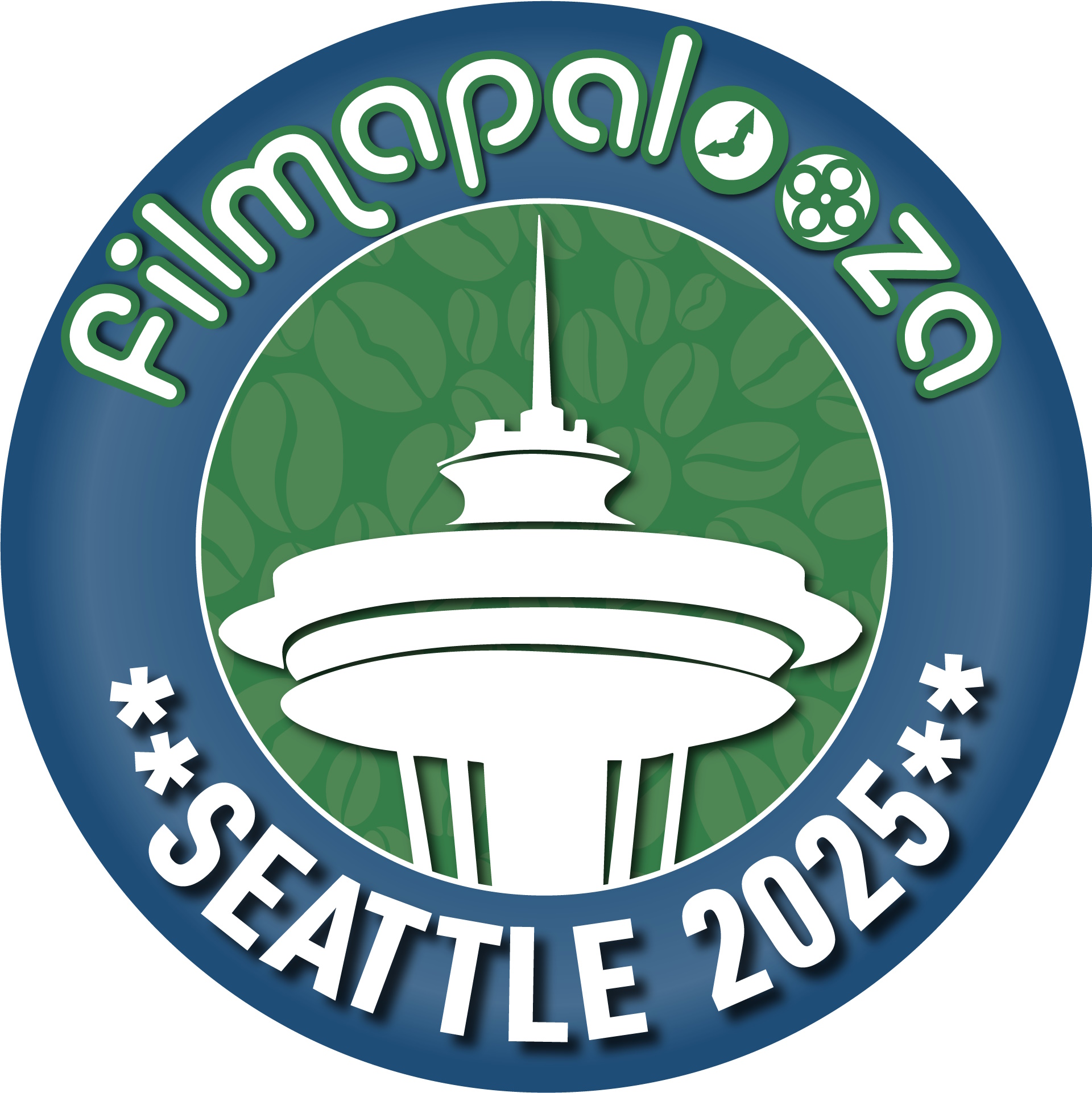Louisiana 9
Listen to Louisiana 9, a 54-year-old man from New Orleans, Louisiana, United States. Click or tap the triangle-shaped play button to hear the subject.
Both as a courtesy and to comply with copyright law, please remember to credit IDEA for direct or indirect use of samples. IDEA is a free resource; please consider supporting us.
BIOGRAPHICAL INFORMATION
AGE: 54
DATE OF BIRTH (DD/MM/YYYY): 20/07/1961
PLACE OF BIRTH: New Orleans, Louisiana
GENDER: male
ETHNICITY: black
OCCUPATION: military veteran (U.S. Army) and student
EDUCATION: high school, military, and undergraduate
AREAS OF RESIDENCE OUTSIDE REPRESENTATIVE REGION FOR LONGER THAN SIX MONTHS:
After high school, the subject joined the U.S. Army and lived abroad in Korea, Germany, and Italy. He also spent time in Alaska and Hawaii.
OTHER INFLUENCES ON SPEECH:
The subject was born in New Orleans. Growing up, he lived in various neighborhoods of the city but identifies as being from the Riverside. The subject’s mother is a Spanish speaker from Honduras; however, she did not speak Spanish in the home when he was growing up and he did not grow up learning Spanish. Nonetheless, he does feel he has a connection to the rhythms of the Spanish language.
The text used in our recordings of scripted speech can be found by clicking here.
RECORDED BY: Sara Valentine
DATE OF RECORDING (DD/MM/YYYY): 04/04/2016
PHONETIC TRANSCRIPTION OF SCRIPTED SPEECH: N/A
TRANSCRIBED BY: N/A
DATE OF TRANSCRIPTION (DD/MM/YYYY): N/A
ORTHOGRAPHIC TRANSCRIPTION OF UNSCRIPTED SPEECH:
Well, first, I grew up along the Riverside from, you know, and the river runs from the Lower 9th Ward all the way past Audubon Park, so, most of my life, I – I choose to say by the Riverside because we used to go fishing in the river with just a string: a string and a hook. So we – we grew up in the 13th Ward, which is on the other side of Napolean between Napolean and Audubon Park. Then we moved a little further to Canal Street, which is called the 12th Ward. We stayed in that area for a while, and then we moved in to Saint Thomas Housing Development Projects, which is in the Irish Channel. So most of my adult life, maybe for 15 years, I stayed in the Irish Channel.
In each part, believe it or not, have a different dialect, between the 13th Ward and the people in the project. I think the people in the project talk a little slower, and they take words and they break them do- [laughs]; they break them down into, you know, not exactly into syllables, but they break it down into their dialect, the way it sounds. Like, if you was to say, “Hey, where you at?” they’ll say “Where at?” [laughs]. You know, and if you wasn’t from around here, you wouldn’t have a clue what they saying. They’re saying the same word: “Where you at?” which means, you know, “How you doing?” But they say “Where at?” and then the other person will answer, “Ain’t nothing to it. Same old, same old. Just hanging” [laughs], so …
Schooling was different in New Orleans, school was — becau- I – I think because they have so many interruptions. They have so many interruptions. And then, if you did progress, you had to deal with the kids that wasn’t progressing. So that was a big problem in, in New Orleans school system. At least for a male, anyway, you know, because you, you wanted to be a part of the crowd and it seemed like, it seemed like if you was advancing and the other guys was just barely doing it, they’d look at you and say, “Ah, he think he too smart,” or “He think he this,” or “He think he that,” so you would – you would kind of pull back so you could fit in with the crowd, so you could be with everybody.
I mean, it’s – it’s just unbelievable how the city’s changing now. New Orleans is coming back. ‘Cause I ride through the Uptown area and I see, you know — houses — wh, when, when people move in a place that have money, they can make a change. More white folks are moving in to New Orleans for a couple of reasons. We have water [laughs], versus California is always drought; Texas is always drought; it’s always hot; we have a lot of water. We have, uh, culture, a lot of culture events, a lot of stuff to do here. We have the port. You know: I – I took a class where they said the port make, like, 3 million dollars — a day. That’s why during Hurricane Katrina, uh, the instructor told us the President called the port officials at and asked them, “What do they need to open the port, to get it running?”
TRANSCRIBED BY: Sara Valentine
DATE OF TRANSCRIPTION (DD/MM/YYYY): 10/04/2016
PHONETIC TRANSCRIPTION OF UNSCRIPTED SPEECH: N/A
TRANSCRIBED BY: N/A
DATE OF TRANSCRIPTION (DD/MM/YYYY): N/A
SCHOLARLY COMMENTARY: N/A
COMMENTARY BY: N/A
DATE OF COMMENTARY (DD/MM/YYYY): N/A
The archive provides:
- Recordings of accent/dialect speakers from the region you select.
- Text of the speakers’ biographical details.
- Scholarly commentary and analysis in some cases.
- In most cases, an orthographic transcription of the speakers’ unscripted speech. In a small number of cases, you will also find a narrow phonetic transcription of the sample (see Phonetic Transcriptions for a complete list). The recordings average four minutes in length and feature both the reading of one of two standard passages, and some unscripted speech. The two passages are Comma Gets a Cure (currently our standard passage) and The Rainbow Passage (used in our earliest recordings).
For instructional materials or coaching in the accents and dialects represented here, please go to Other Dialect Services.
 IDEA: International Dialects of English Archive
IDEA: International Dialects of English Archive




